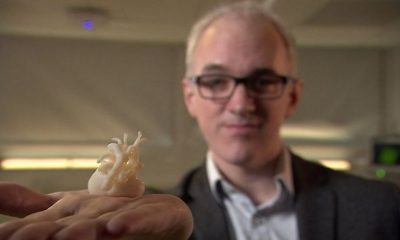Adolescents’ brain is not well matured. In adolescence, the brain is still developing, and as a result, it responds differently to the effects of drug and alcohol as opposed to adult brain.
Most teens are exposed to substance abuse like cigarettes/nicotine, alcohol, marijuana and other drugs (prescription medications, opioids, stimulants). Abusing these drugs will not only affect the developing brain, it may also interfere with normal brain functioning during adulthood. There are, however, several factors that can cause damage to the adolescent brain, including:
Damage to pre-frontal cortex: cognitive impairment
The pre-frontal cortex is involved in judgment, planning and decision making. It is located in the frontal lobes of the brain. Abusing alcohol and drugs damages pre-frontal cortex which can further lead to impairments in judgment, loss of motivation, impulsive behavior and inability to plan.
Damage to cerebellum: loss of co-ordination
The cerebellum is a part of the brain responsible for coordination, precision and accurate timing. It plays a major role in motor coordination. The cerebellum is located at the rear end of the brain, above the brain stem and below the cerebral cortex.
Drug and alcohol abuse in teens results in damage to cerebellum that leads to loss of coordination of motor movement, inability to judge distance, inability to perform rapid alternating movements, weak muscles, slurred speech and abnormal eye movements.
Reduction in the size of the hippocampus: damage to memory
The hippocampus is part of the brain that is involved in forming, organizing, and storing memories. It also plays a major role in formation of new memories.
Both alcohol and illicit drugs reduce the size of the hippocampus in adolescent brain. They can change chemicals in the brain that affect memory, which in turn could be a sign of impaired hippocampal function. The reduction in the size of hippocampus is more severe in teens who start using drugs and alcohol early and often.
Neurotransmitters: abnormal transmission of information
Neurotransmitters are chemicals in the brain that transmit information through the nervous system and brain, that lead to feelings of pleasure, satisfaction or other emotions. Interference by alcohol and drugs to neurotransmitter’s function, could lead to changes in moods, feelings, perception and behavior, as there are abnormal messages being transmitted through the brain’s network.
Early detection and timely remedial measures are important to prevent long term damage to the adolescence brain. Therefore, knowing the damaging effects of drugs and alcohol on adolescence brain, it is sensible to stay away from them and better not to try them.
Robin Leonardo

 Entertainment52 years ago
Entertainment52 years ago
 Entertainment52 years ago
Entertainment52 years ago
 Entertainment52 years ago
Entertainment52 years ago
 Entertainment52 years ago
Entertainment52 years ago














